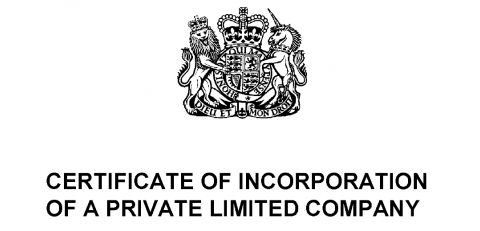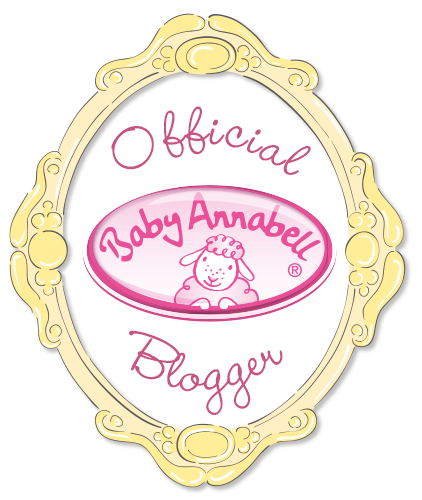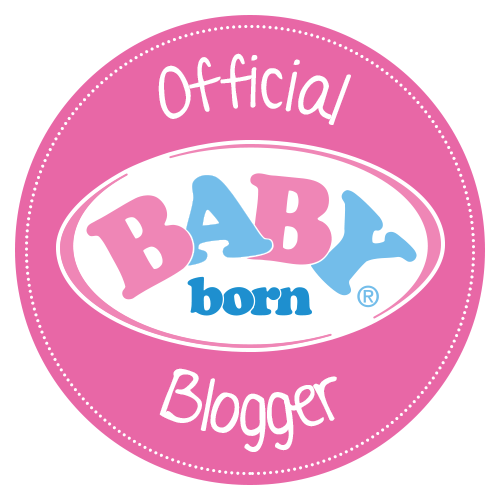Every child grows up with a dream – some want to be engineers while a few want to be doctors and not to forget the little pilots who flew the planes with a roaring sound! Some children are successful pursuing their dreams as they grow up, while a few are influenced to pursue their parents dreams, some dreams just go as fun!
I had dreams too as a child but it fell out in the fun bucket list and I pursued a career that I later fascinated about! However, In my mid 30s, when I decided to be a stay at home mum, I dreamed about being a successful Entrepreneur and had a few choices through the ideas based on my career experience I gained over years and desperately wanted to be successful in it, after all it wasn’t just one of those fun dreams!
Starting up a business, although sounds very exciting, comes with it’s own challenges. There are processes, Documents, Perfect execution of ideas, finding the right resources and most importantly, if there is a failure, be prepared to accept and move on!
Pre-requisites to startup a business
Companies house is the one that maintains the company databases. You can register your company either directly from Companies House website, by post or through some agencies for a very minimal fee. Postal process is quite expensive and it is better to go through agencies as they make your life easier and look after everything during the process.

Picture Credit : Pixabay
Your Unique Company Name
Be very clear of your business idea. Your Unique Business Name will reflect the nature of your business, So choose it wisely so while people are searching for the services, the search engine will pick up your business name. If you are unsure about the name, choose something little relevant and hold on to spending on business cards. The HMRC guide to being Self-employed has plenty of information for you to take the right steps while registering your company.
Companies House database will inform you if your company name is unique or not.

Picture Credit : Pixabay
Business account and don’t forget to avail cashback
When you open a business, the next thing you obviously need is a business banking account. Talk to your friends and call up a few banks to analyse their fee and customer service. Some banks provide free business banking for a period of time and have less administration charges if any. Don’t forget, there are some sites that provide cashback while registering your company through them. I have used Quality Company Formations that has given me plenty of information about start up and on top of it, there was cashback available when I open my business account with some of the well known, reputed banks.
Office Address, Director and Shareholder details
To complete registration, you will need a valid office address as a contact address for the business, this could be your home address if you will be working from home or your office address if you had set up one! This address will appear on public records as a contact address for the business and when you register your company through the agency, they may be in a position to provide one.
You need to choose the director and share holders( if any) for the business and have their Full name, DOB, nationality, service address, home address, and occupation (if any).
There is also a Standard Industrial Classification (SIC) code to classify your company’s business activity which is usually searchable while registering the company.
Sortout the Insurance for your Business
Whatever the nature of your business, you will have to look for insurance that covers your business and employees. Your Business Insurance will have covers that protect businesses against losses suffered during the course of normal activities, particularly in the face of a compensation claim. Different covers look after different risks, such as legal liability, property damage and employee-related issues. Use the comparison websites like SimplyBusiness to find the best insurance suitable for your business.
Certificate of Incorporation and other legal documents

Whichever the route you go through to register your company, all the information will finally reach the Companies House which maintains the central database for all the businesses and once successfully registered, you will receive the certificate of incorporation and other legal documents. You will need these to be submitted to your Business bank. These documents are usually stored electronically which can be accessed by you anytime using your login credentials.
Take care of your Corporation Tax registration with HMRC
Once you have successfully registered your business, You will receive Unique Taxpayer Reference (UTR) from HMRC, usually within a few days of the company being registered with Companies House. You need to use this number and register your Corporation tax. If you have an accountant for your business, these all will be taken care by them, otherwise if yours is a small business, registering and filing the tax is a simple process. The HMRC’s free online training will give you straightforward practical advice on record-keeping, filling in and filing your tax return.
That’s mostly it that you need to know about starting up a company. If you have all the documents ready, it is a very simple, straightforward process which will be done in a day.
Hope you found this article useful.
Have you set up a business? Did you find the process simple? Do you have any tips that I could add to this article.
Feel free to comment.
Until next post….
Rishi





























